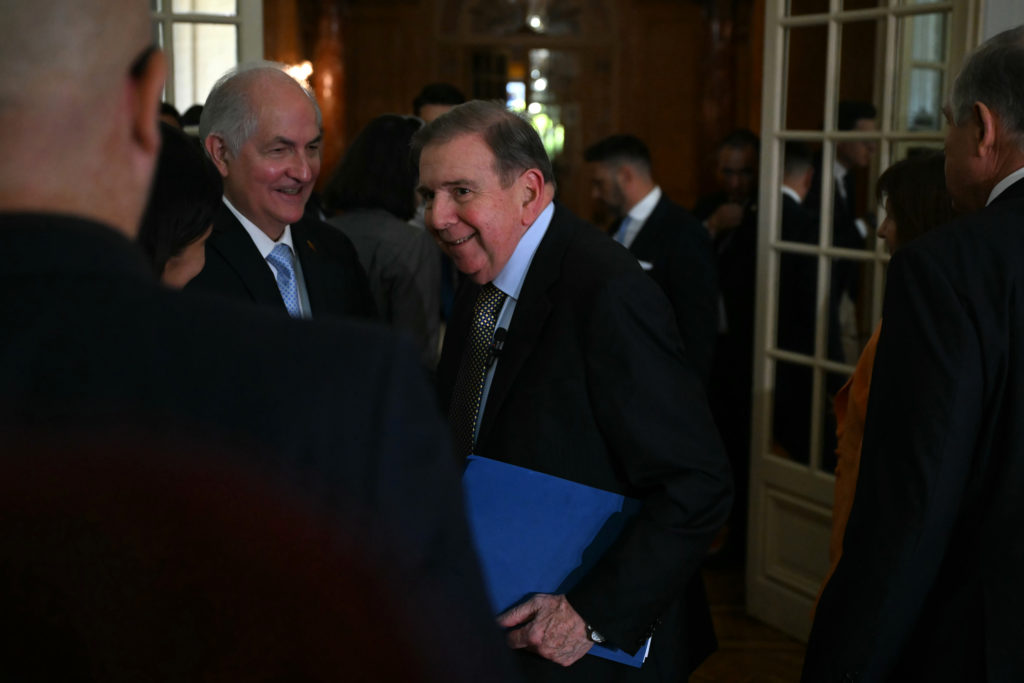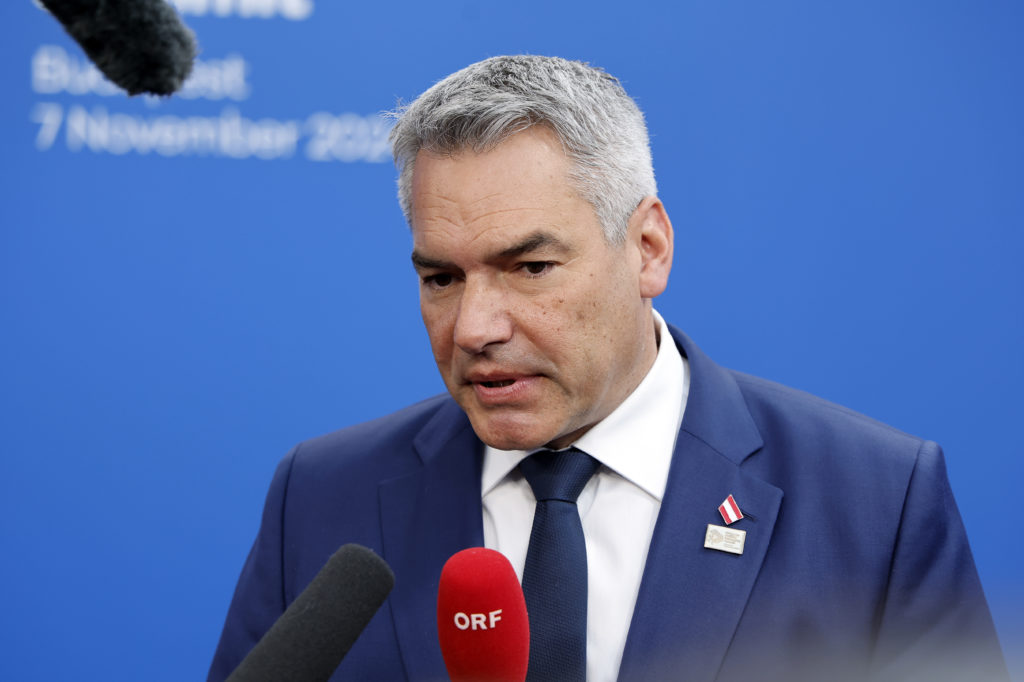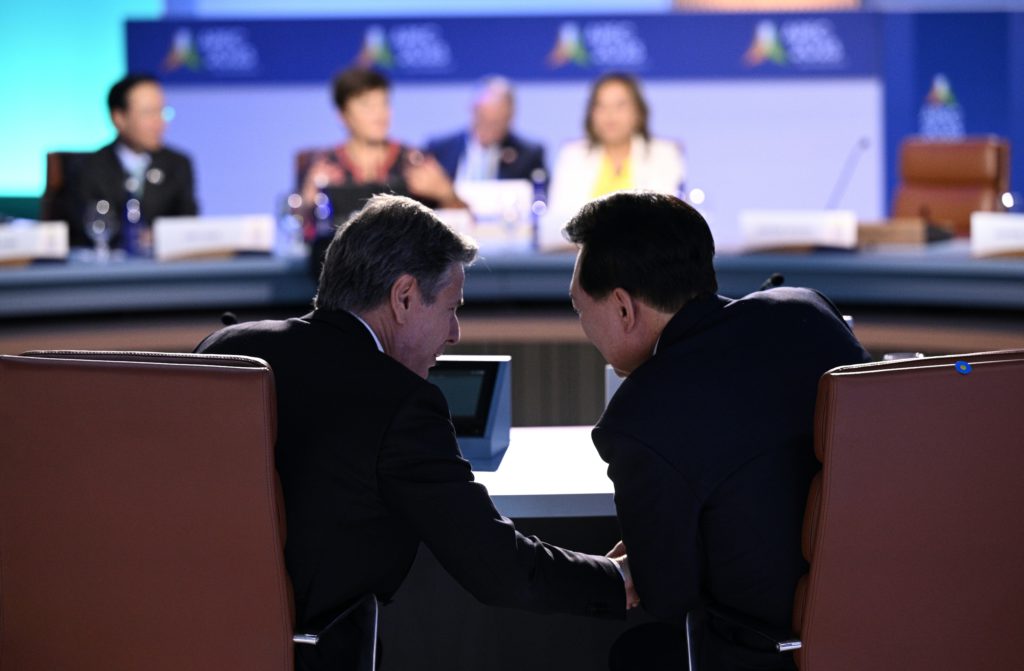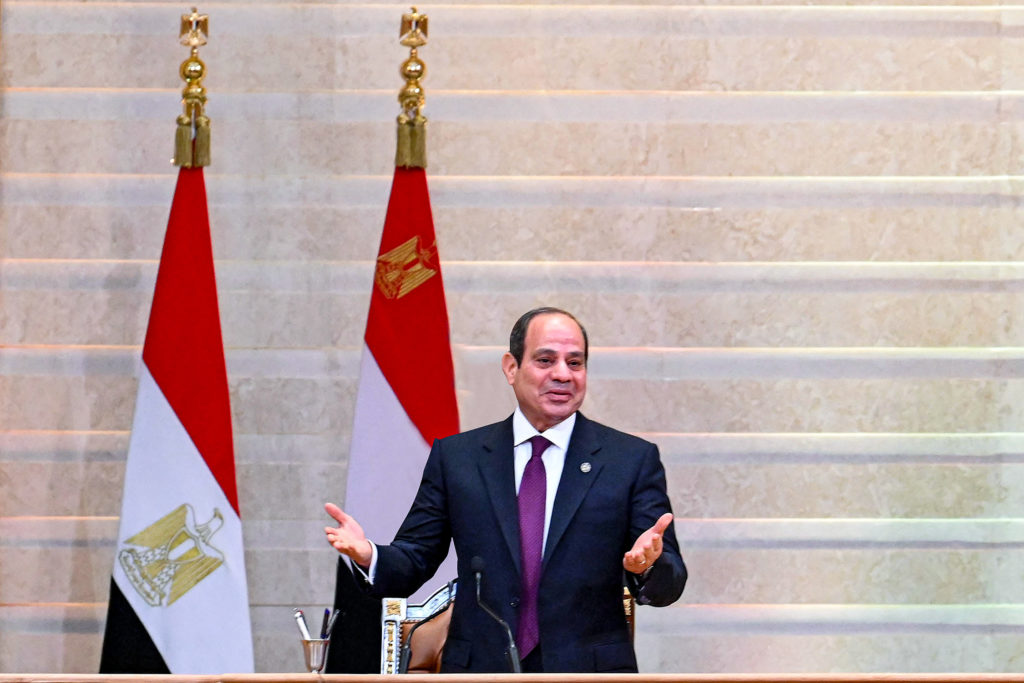Kenya’s Court of Appeal will give its verdict on Friday on the president’s controversial three-year quest to change the constitution, a ruling that could shake up the political landscape less than a year before elections.
President Uhuru Kenyatta argues his proposed modifications to the 2010 constitution will help end repeated cycles of election violence, a hot-button issue that has divided the political elite.
The reforms came about following a rapprochement between Kenyatta and his erstwhile opponent Raila Odinga and a famous handshake between the two men after post-election fighting in 2017 left dozens of people dead.
The so-called Building Bridges Initiative (BBI) seeks notably to dilute the current winner-takes-all electoral system blamed by Kenyatta for poll unrest, and create new posts including one of prime minister.
Election campaigns in the East African country are often fought between ethnically-based alliances and communal violence can flare, notably in 2007-8 when more than 1,100 people died.
– ‘Will of the people’ –
Kenyatta’s proposed reforms were approved by parliament in May and were then due to be put to a referendum.
But just two days later, the Nairobi High Court ruled that they were illegal as the president did not have the right to initiate the process.
Kenyatta criticised the decision as “an attempt to stop the will of the people” and his government appealed.
Proponents of the BBI argue it will improve fairness in the electoral system and curb the violence.
If adopted, new positions of prime minister and two deputies would be created and there would be a formal designation of the post of opposition leader.
The size of both houses of parliament would be expanded, while the Senate would have 50-50 representation between men and women.
Critics, including Kenyatta’s deputy William Ruto, charge that the reforms are window-dressing.
The motive, they say, is to increase the number of senior officials who are using it to lay the groundwork for an alliance ahead of the August 9 elections.
Some detractors have also argued that they would further burden a country struggling under a $70-billion debt mountain. The changes would push up parliament’s already sky-high wage bill while creating more opportunities for patronage and corruption, they say.
Under the BBI process, the president would remain head of government and commander-in-chief, while ministers would answer to a prime minister.
– ‘Significant implications’ –
Kenyatta cannot run for a third term in 2022 and his pursuit of the reforms with Odinga, a four-time presidential contender, has spurred speculation that he may seek to become prime minister in a power-sharing arrangement.
Kenyatta had initially anointed Ruto — who has served as his deputy since 2013 — as his successor but the pair fell out several years ago after the president moved closer to Odinga.
A seven-judge panel will rule on the appeal and also decide if the president could be sued while still in office for championing the changes.
The eagerly-awaited verdict — which is nevertheless subject to appeal at the Supreme Court — has a bearing on the election calendar.
If the BBI is again ruled illegal, the electoral process would follow its planned course.
“That would be the least disruption,” Nic Cheeseman, a professor at the University of Birmingham in England, told AFP.
On the flipside, he said, approval of the BBI “would be the more destabilising option” because of questions about whether there would be time to introduce all the reforms by election day.
There are “quite significant implications here for the political system, for the elections timetable and also for the political alliances that will be competing in the election.”










